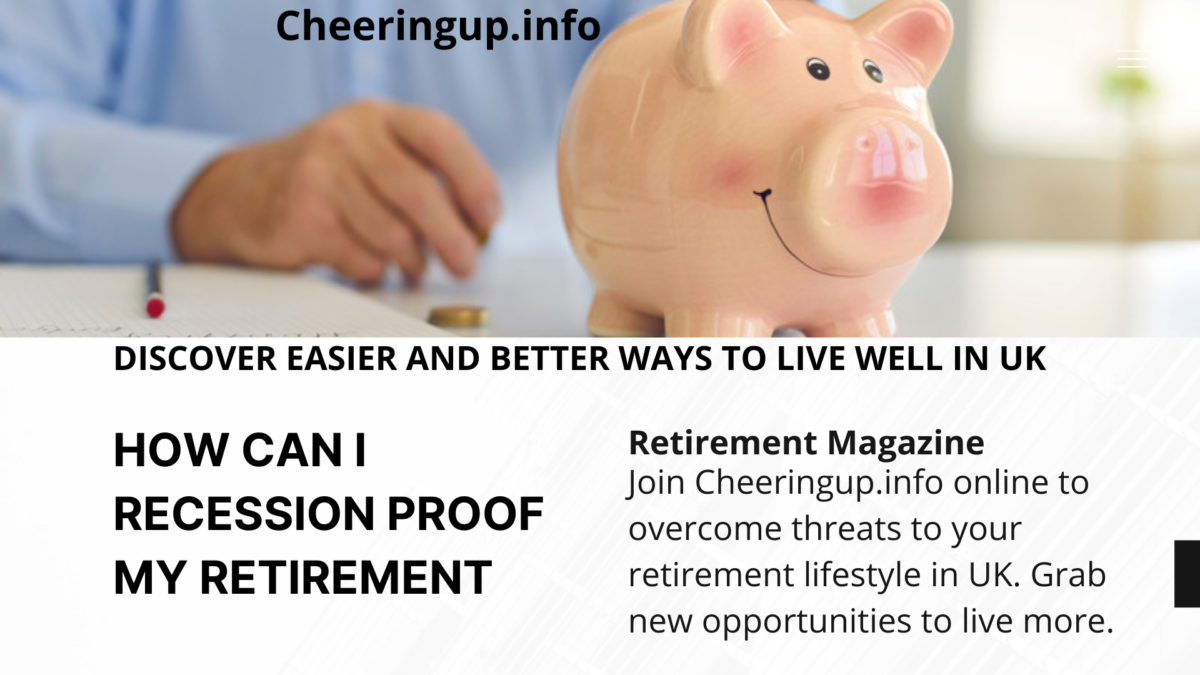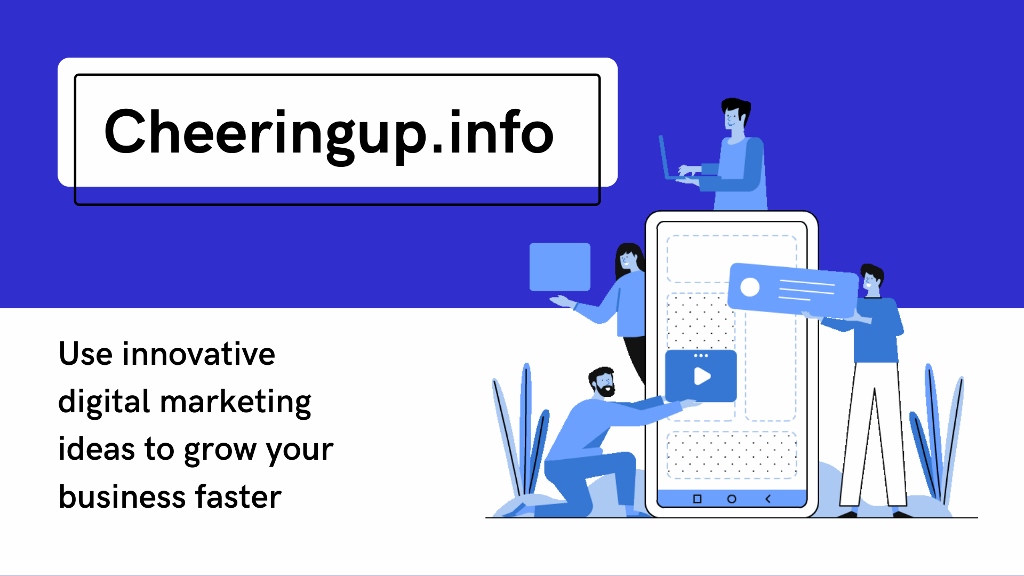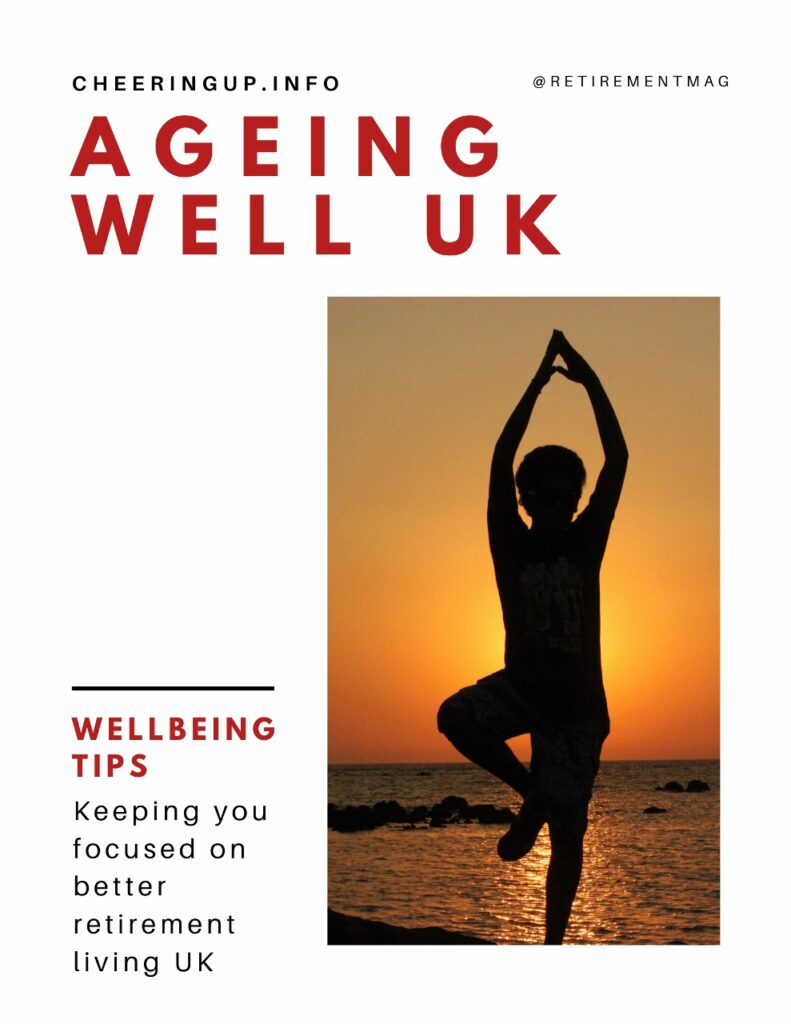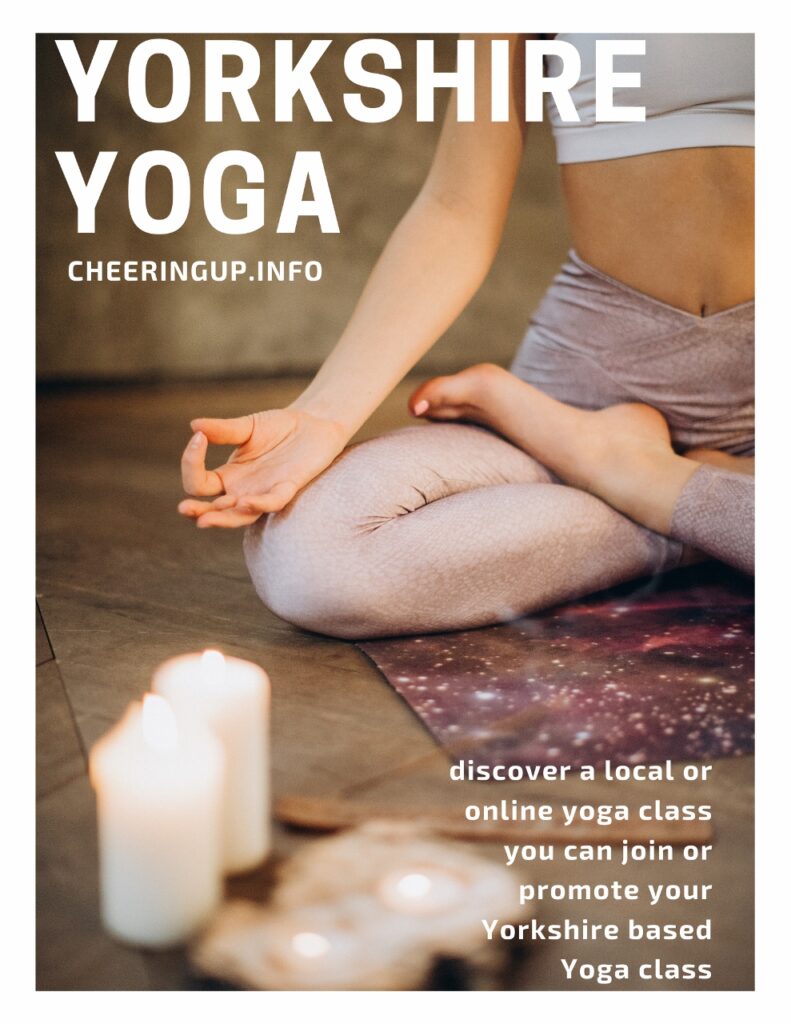The UK job market is facing an unprecedented challenge. Following the news of a sharp collapse in private sector employment—the steepest decline since the pandemic—and forecasts of further job cuts, UK job seekers and career-focused employees must treat this as a critical turning point. Waiting for the market to improve is no longer an option. This is the moment to seize control of your professional trajectory. Whether you are actively on a job search, navigating redundancy, or simply looking to future-proof your career, inaction is the greatest risk. Below, we outline 6 essential, practical actions you must take right now to stand out, increase your value, and secure your next opportunity in this demanding economic climate. Read on to discover how to beat the UK Job Crisis and get hired.
🚨 UK Jobs Crisis: Act NOW to Secure Your Career! 🚨
The news of a significant private sector jobs collapse in the UK, the steepest monthly decline since July 2021, indicates a cooling and challenging labour market for job seekers and those focused on career development. This climate is characterised by:
- Increased Competition: A rise in unemployment and redundancy rates means there is a larger pool of candidates competing for fewer vacancies. This is compounded by an ongoing fall in job vacancies, particularly for permanent roles.
- Employer Caution: Companies are becoming more cautious about permanent hiring due to economic uncertainty, leading to a potential increase in temporary or contract roles as businesses seek flexible staffing solutions.
- Vulnerability for Certain Groups: Young people, particularly graduates and non-graduates, and those in sectors like Retail and Hotel & Catering, are being hit hardest by the lack of entry-level and service-sector vacancies.
- Focus on Cost-Effective Talent: Employers may be more motivated to hire high-quality talent at competitive (or even lower) compensation packages than in a booming market, due to heightened supply.
Why You Should Act Now
The current climate demands a proactive and strategic approach to career management. You should act now to get what you want because:
- The Talent Pool is Growing: While competition is high, the rising availability of talent means people with the right skills (including you) may be more accessible to companies who are hiring. Strategic action now allows you to stand out before the market potentially loosens further.
- Anticipating Further Cuts: The news mentions “further job cuts are planned.” Taking steps to upskill or secure a new role now offers a buffer against future instability and puts you ahead of a potentially larger influx of job seekers.
- Capitalising on Niche Demand: Certain sectors, like Technology (Fin-tech, IT Security) and Engineering/Accounting/Finance often remain more resilient. Acting now allows you to pivot and gain relevant skills before these in-demand roles also face greater competition.
6 Practical Tips to Adopt Now
Here are six practical and actionable tips to navigate this challenging job market:
- Enhance Your Digital and “Recession-Proof” Skills
- Focus on in-demand areas like IT/Cyber Security, Data Analysis, Finance, and Engineering, which have shown resilience. Consider online certifications or short courses (e.g., in Java, Python, project management) to fill skills gaps.
- Network Strategically and Systematically
- Don’t wait for job adverts. Actively reach out to contacts on LinkedIn, attend virtual industry events, and conduct informational interviews. Focus on building genuine relationships, as many roles are filled through referrals.
- Tailor Your CV for the Cautious Employer
- Rewrite your CV and cover letters to directly address a company’s financial concerns. Highlight achievements that demonstrate cost savings, efficiency improvements, risk management, and ROI rather than just general success.
- Embrace Temporary and Contract Work
- With permanent hiring down, companies are using temporary staff to manage workloads and test talent. Actively seek contract, freelance, or temp-to-perm roles as a strategic way to get your foot in the door and demonstrate your value.
- Target Resilient Sectors (Public & Private Niche)
- Research sectors that historically weather economic downturns well, such as the Public Sector (Education, Health), Utilities, or niche private sector areas like insolvency/risk advisory in finance.
- Optimise Your Online Professional Presence
- Ensure your LinkedIn profile is fully updated and keyword-optimised for the roles you want. Be active by posting relevant industry insights to increase your visibility among recruiters and hiring managers.
The current economic indicators signal that the UK job market will continue to demand strategic thinking and resilience from job seekers throughout 2026. Success is no longer guaranteed by traditional methods; it requires proactive upskilling, targeted networking, and a focused approach to demonstrating value (ROI) to cautious employers. By consistently applying these 6 practical steps, you are not just reacting to the crisis—you are building a robust and secure career foundation that is protected against future market volatility. Don’t wait for the economy to rebound; take control of your career security today.
Get help to protect and grow your business faster with CheeringUpInfo
Find out more about growing your business faster with CheeringUpInfo
Subscribe for lifestyle improvement ideas product reviews and cost of living reduction deals
Connect with us for free lifestyle improvement tips
Read more lifestyle improvement articles and view videos for free
Connect with us for free alerts to new lifestyle improvement articles and videos
UK Job Crisis 2026: 6 Steps to Secure Your Career Now
















